Led by LEDGE, Japan’s dedicated public interest litigation organization, this 12-month project aims to forge pro bono partnerships between U.S. law firms operating in Japan and Japanese litigators. The goal is to strengthen the underdeveloped public interest litigation ecosystem by leveraging the robust U.S. pro bono culture. The initiative involves assessing U.S. firm capacity, followed by launching a pilot program where a selected firm contributes legal research and strategic advice to an active public interest case.
Location: Tokyo, Japan
Grant Awarded: $40,000
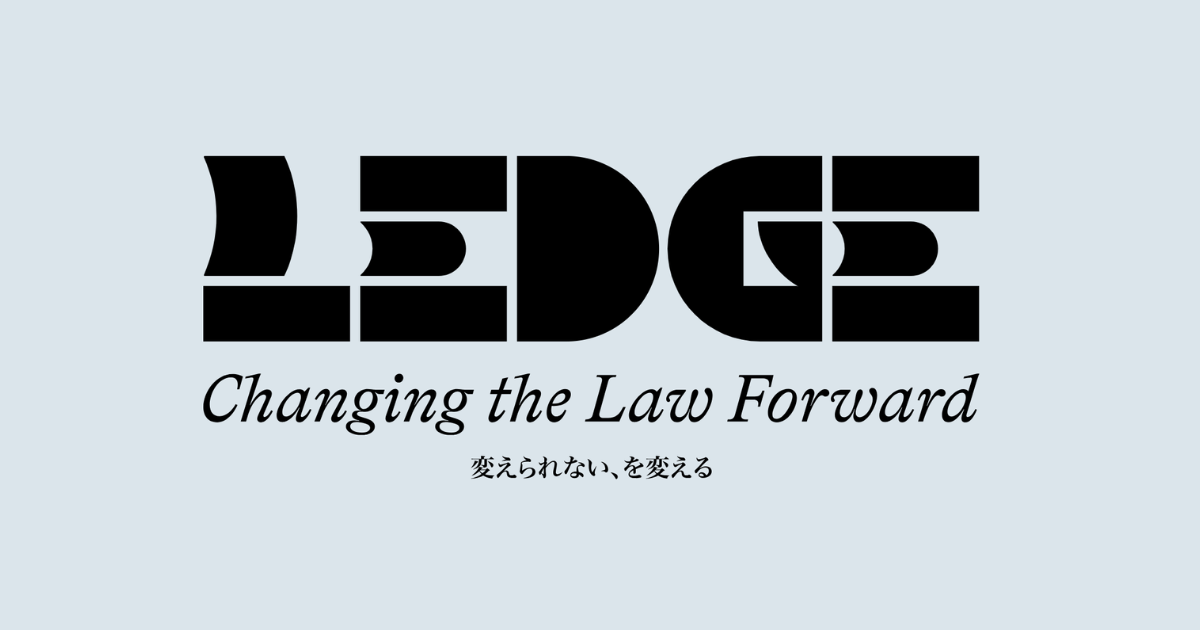

ImpactShare formalizes its unique knowledge platform to advance impact capital flow between the US and Japan. The initiative addresses the complexity and limited connectivity surrounding impact investing by sharing US and European insights, case studies, and methodologies with Japanese practitioners. Core activities include delivering firsthand interviews, offering networking events, and providing lectures/videos to expand knowledge. Ultimately, ImpactShare aims to attract global capital and evolve into a specialized impact investment think tank.
Location: Tokyo, Japan
Grant Awarded: ¥8,163,289
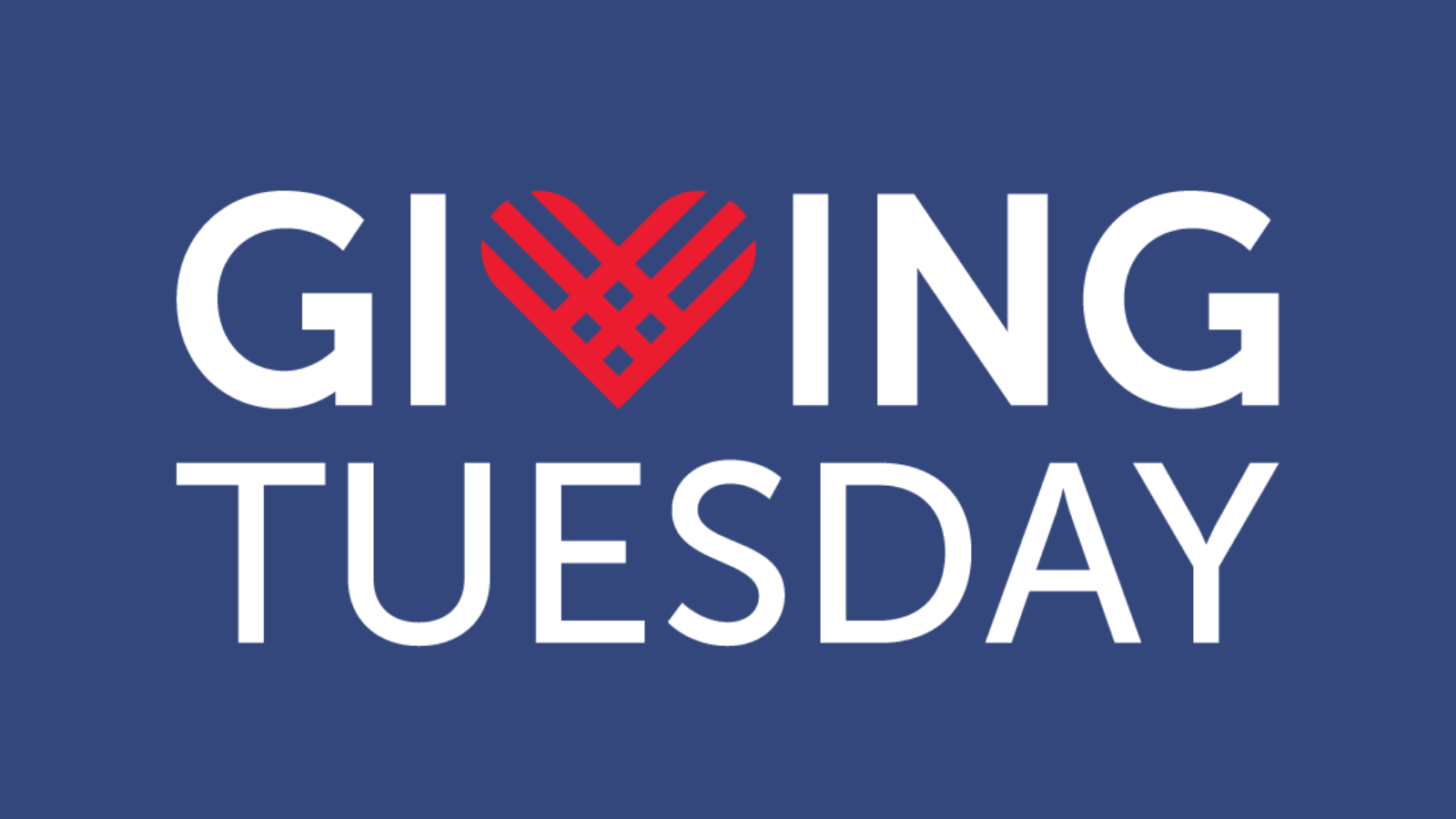
GivingTuesday Japan aims to promote a culture of giving to transform Japan's prevalent "silent giving" and address its low global philanthropic ranking. The project adapts the global movement through six interventions. Core activities include creating a comprehensive resource blog, launching the #MyGivingStory campaign to document motivations, securing strategic partnerships, and conducting a national research survey with the Japan NPO Center. The ultimate goal is to cultivate a more cohesive, data-driven, and actively participating charitable sector.
Location: New York, NY/Gunma, Japan
Grant Awarded: $46,000
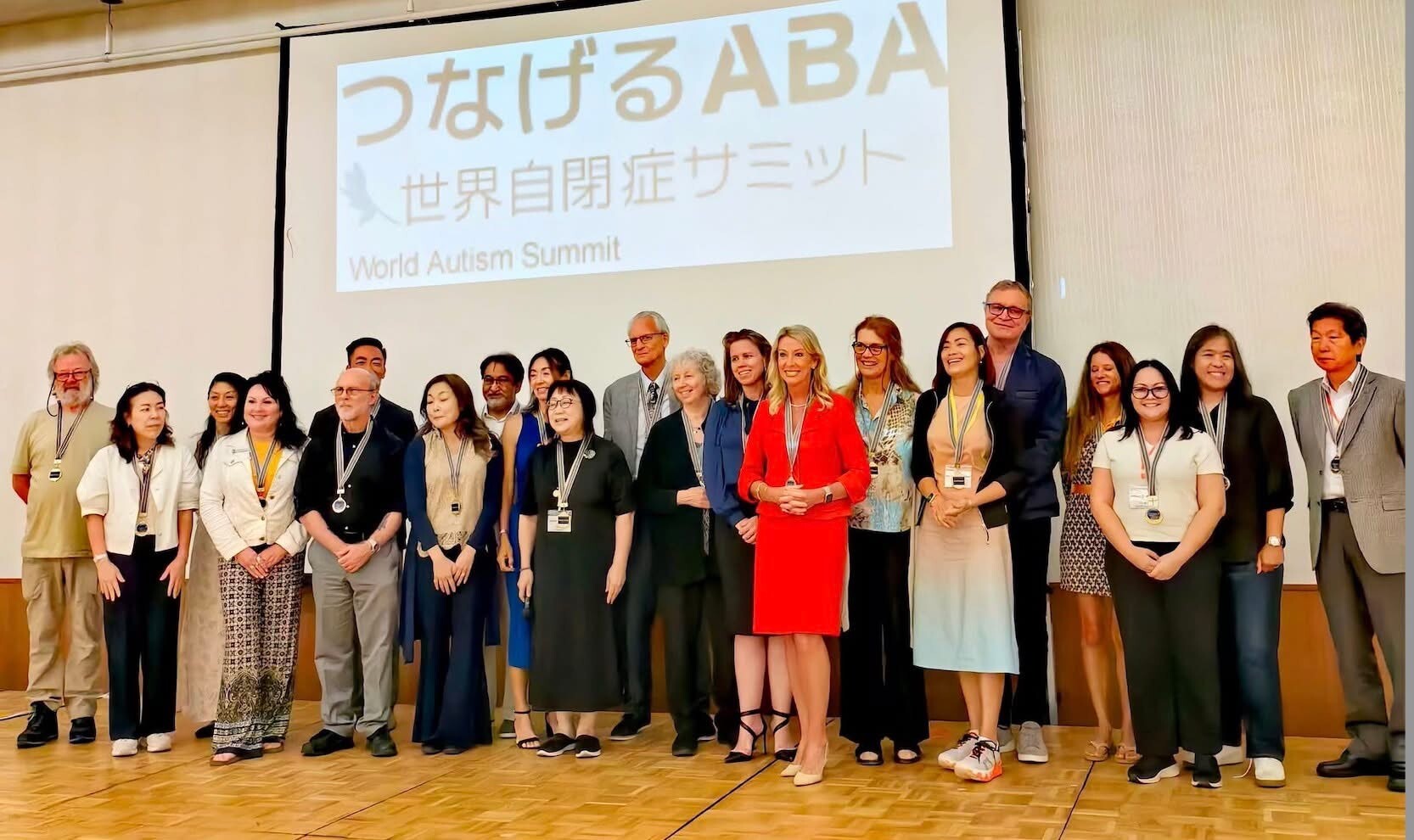
The Tsunageru ABA – World Autism Summit, led by the Asia-Pacific ABA Network, is a three-day convention in Hakodate, Hokkaido (September 2025). It aims to strengthen US-Japan ties and introduce the effective, US-developed Applied Behavior Analysis (ABA) treatment model for ASD. The event facilitates networking between US experts and Japanese professionals/families through workshops and seminars. This initiative is timely as behavioral science is now mandatory in Japanese medical education, promoting international standards for ASD treatment.
Location: Hokkaido, Japan
Grant Awarded: ¥7,000,000
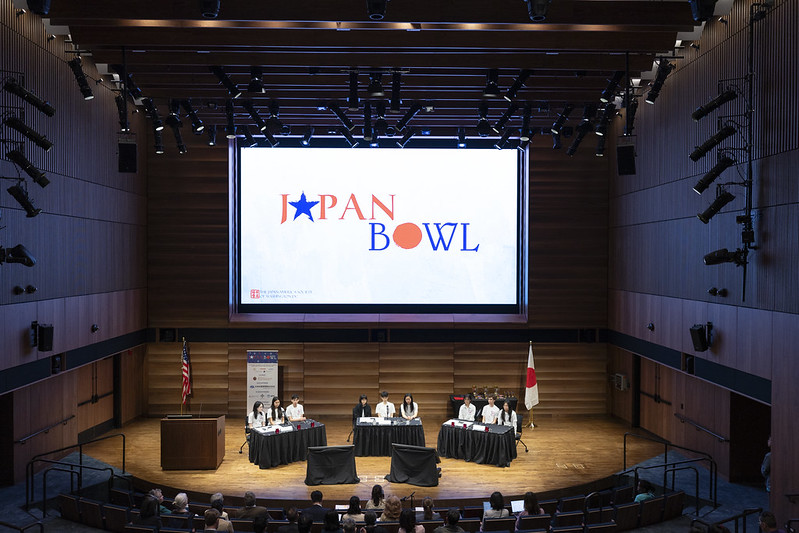
The National Japan Bowl, presented by the Japan-America Society of Washington DC, is America’s premier high school Japanese language competition. The project's core mission is to foster the next generation of talent needed to support the US-Japan partnership by inspiring students and offering administrators a tool to advocate for investment in Japanese language programs. The 33rd annual event, co-hosted by the Edwin O. Reischauer Center for East Asian Studies and centralized at Johns Hopkins SAIS, aimed to enhance the student experience through direct engagement with Japan studies faculty and leveraging the downtown DC location for increased visibility. The two-day competition holistically assesses language, culture, and current events.
Location: Washington, D.C.
Grant Awarded: $12,500

The Hudson Institute project analyzes the adverse impact of the growing China-Russia-DPRK strategic partnership on Northeast Asian security. This study evaluates the forces driving their relations; characterizes alternative scenarios that might arise from these interactions; assesses their implications for Japan and the United States; and recommends Japanese-U.S. strategies, supported by South Korea and other partners, for achieving them across the scenarios.
Location: Washington, D.C.
Grant Awarded: $58,300

The Asia Society Policy Institute proposes a one-year project examining how the U.S.-Japan alliance is adapting to growing threats and changes in the U.S.-Japan relationship under the Trump 2.0 Administration. The project will analyze the resilience of bilateral cooperation in the midst of turbulence in the trade relationship, as well as how Japan has responded by enhancing its own defense capabilities and deepening engagement with other like-minded countries. Through interviews and consultations with USG and GoJ officials, congressional staff, experts, and journalists in both Japan and the U.S., it will examine how domestic political trends in both countries, economic expectations of Tokyo, and trust in U.S. security commitments have altered the alliance, and the opportunities and risks that both countries face. The project will provide concrete policy recommendations for how to strengthen the partnership in a changing geopolitical landscape.
Location: New York, NY
Grant Awarded: $72,403
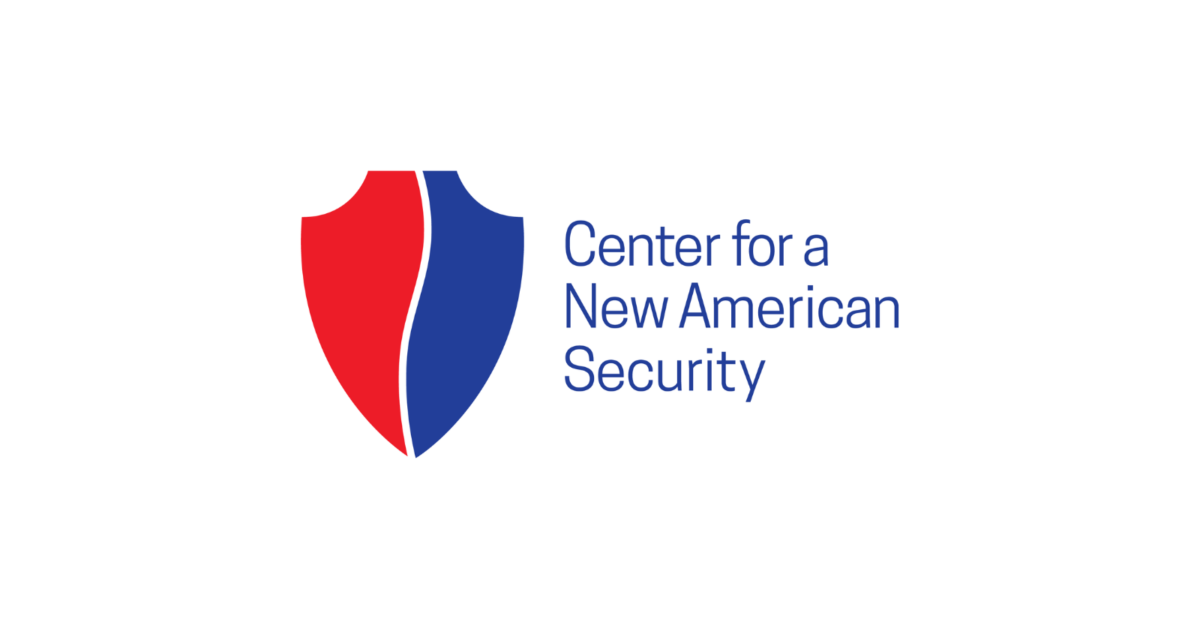
The ChinaTalk Japan Series, supported by the Center for a New American Security (CNAS), will create at least seven podcast episodes hosted by Jordan Schneider. The project aims to enrich understanding of the US-Japan relationship through historical, technological, and geostrategic lenses. Key topics include AI, semiconductors, and domestic Japanese politics. Content will be disseminated via ChinaTalk’s podcast feed, newsletter, and YouTube channel. The overall objective is to upgrade the quality of national security policy discourse in Washington regarding contemporary Japan.
Location: Washington, D.C.
Grant Awarded: $50,000

The Midwest Japan Seminar (MJS) project, led by Michigan State University, aims to enhance Japan Studies scholarship and teaching across the US Midwest. It will support two annual in-person meetings, providing critical networking and research refinement for early-career scholars often working in isolation. Key objectives include involving Japanese scholars to raise intellectual exchange, offering publication subventions for emerging research, and stimulating wider public interest via cultural performances from Japan.
Location: East Lansing, MI
Grant Awarded: $56,105
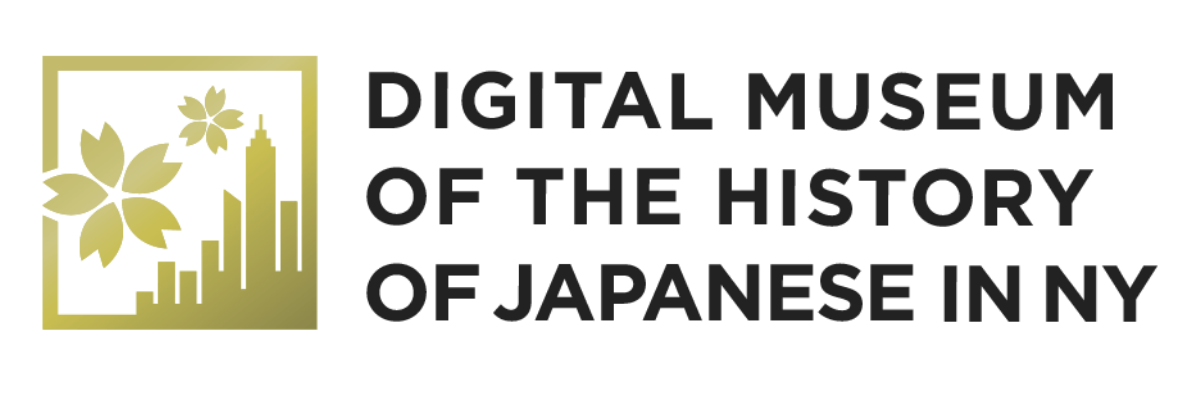
The Digital Museum of the History of Japanese in New York, under the Japanese American Association of New York, is creating an online exhibit, “Exhibiting JAPAN,” comparing the 1939-1940 and 1964-1965 New York World's Fairs. The project analyzes the evolving US-Japan relationship, examining how U.S. occupation and socio-political upheaval influenced the Pavilions' presentations. Launching in March 2026, the interactive digital exhibit will feature virtual 3D architectural models, maps, photographs, and films, accessible in English and Japanese.
Location: New York, NY
Grant Awarded: $29,700
Fostering U.S. and Japan Collaboration on Nature-based Solutions for Coastal Hazard Resilience
Led by experts from the University of Tokyo, Stevens Institute of Technology, and the University of Maryland, this project systematizes experience with Nature-based Solutions (NBS) for coastal resilience. Addressing intensifying climate-induced coastal risks, the initiative first creates a database of implemented NBS projects in the US and Japan. Subsequent comparative case studies extract practical lessons learned and best practices. The findings will guide future NBS implementation and inform policymakers in both countries and globally.
Location: Tokyo, Japan / Hoboken, NJ
Grant Awarded: $43,869
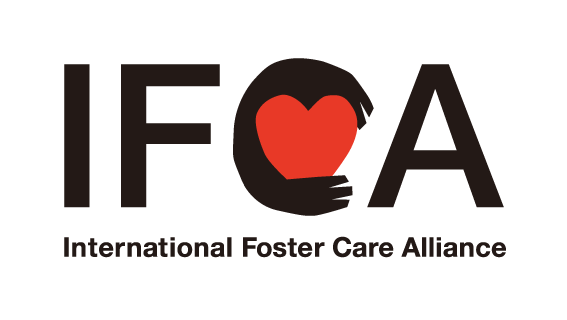
The International Foster Care Alliance (IFCA) youth project leverages US-Japan foster youth collaboration to reform child welfare. Through four exchanges (2025–2027), the goal is to establish Japan’s first Youth Advisory Board (YAB), utilizing US models for youth rights and engagement. The initiative also drives reform for mental health care affecting Transition-Age Youth (TAY) in both countries. Activities include workshops, site visits, and a Traveling Exhibition of Foster Youth Art.
Location: Seattle, WA
Grant Awarded: $34,000
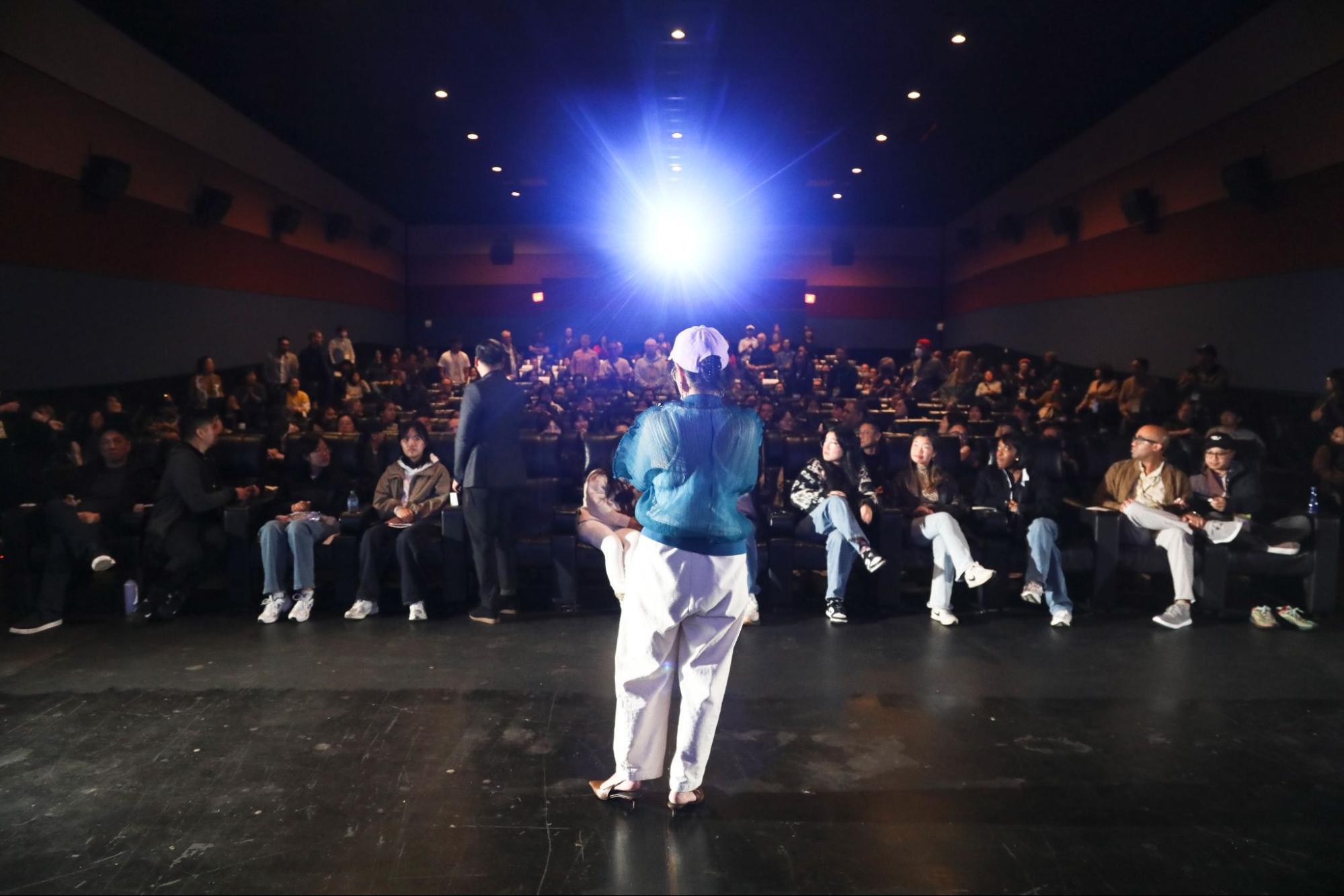
The project involves the Pacific Arts Movement strengthening its Japanese film program at the San Diego Asian Film Festival the Pacific Arts Movement strengthening its Japanese film program at the San Diego Asian Film Festival (SDAFF). SDAFF is a long-running festival that showcases AANHPI stories to promote a compassionate society. The goal is to curate a dedicated track of Japanese and Japanese-American heritage films, featuring Japanese and Japanese-American filmmakers in post-film panel discussions. This track aims to deepen appreciation for Japanese arts and culture and increase outreach to Japanese residents in the San Diego region.
Location: San Diego, CA
Grant Awarded: $3,000
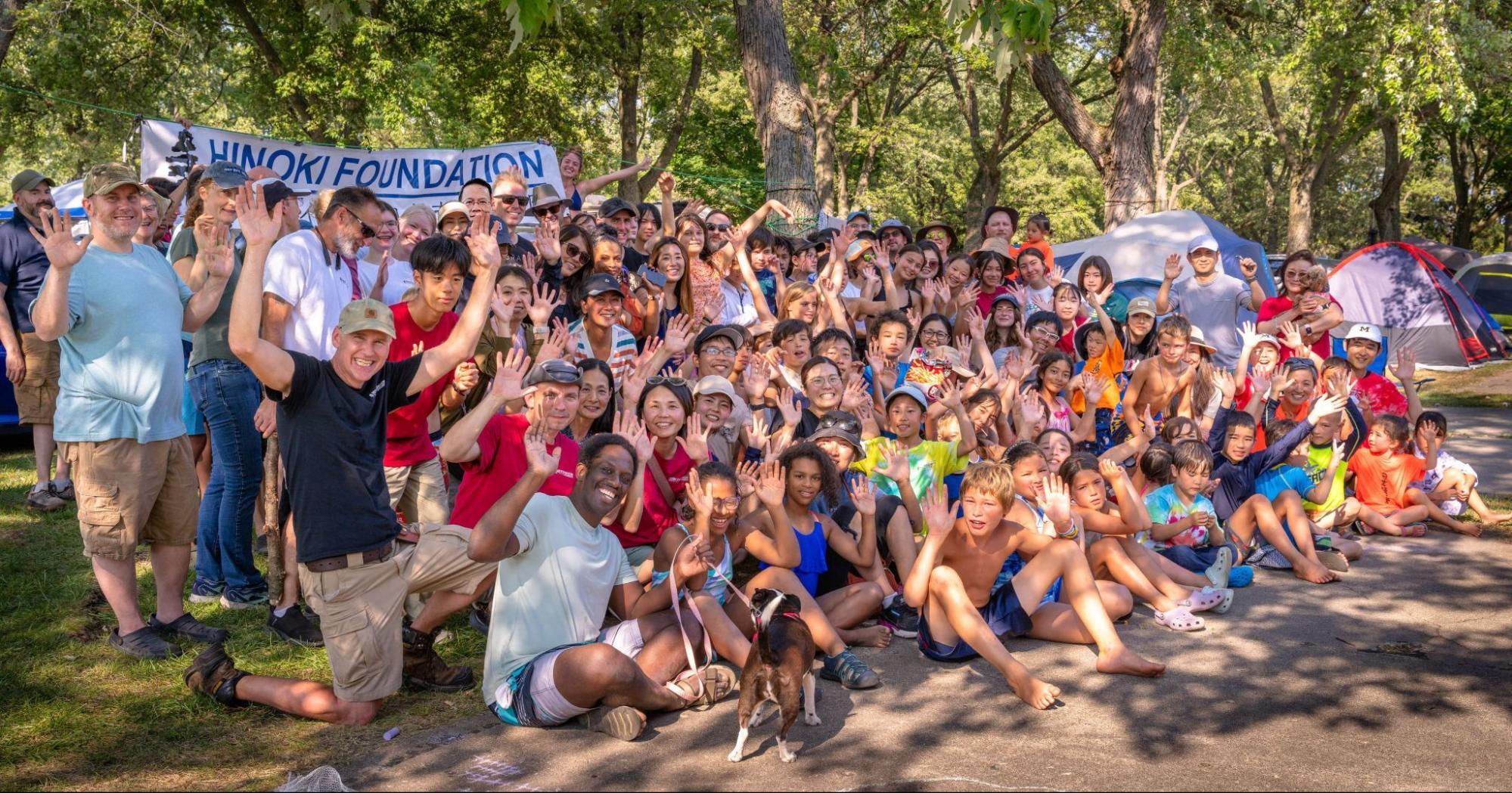
The Hinoki Camp 2025 project is a U.S.-Japan Bicultural Family Camping experience in southeastern Michigan, aiming to strengthen U.S.-Japan bonds of friendship. The camp motivates pre-K to 12th-grade youth to study Japanese and English, promoting cultural sharing, language learning, and fellowship among heritage and non-heritage families. Activities blend American traditions (e.g., tie-dyeing, balloon-tosses) and Japanese traditions (e.g., suika-wari, bon odori dancing). The project specifically focuses on increasing participation from underserved populations who have limited opportunities to experience Japanese culture firsthand.
Location: Ypsilanti, MI
Grant Awarded: $4,908.40
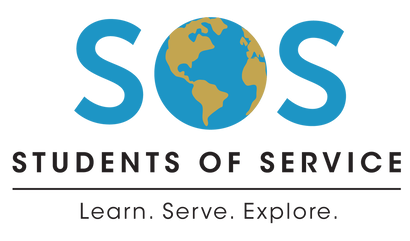
The Students of Service (SOS) Sister City International Visitor Program (SCIVP) seeks to host 10 high school students from Kumamoto, Japan, in San Antonio, Texas, in August 2026. This 7-day program, which connects students with peers in San Antonio, includes a homestay, cultural tours, school visits, meetings with city officials, and group activities, as well as participation in an international youth summit, including local students from San Antonio as well as students from San Antonio’s other sister cities. SOS aims to develop young leaders with a global perspective, focusing on assisting students from historically marginalized populations. The initiative strengthens the long-standing San Antonio-Kumamoto sister city relationship and builds future global citizens through intercultural connection and service learning.
Location: San Antonio, TX
Grant Awarded: $25,000
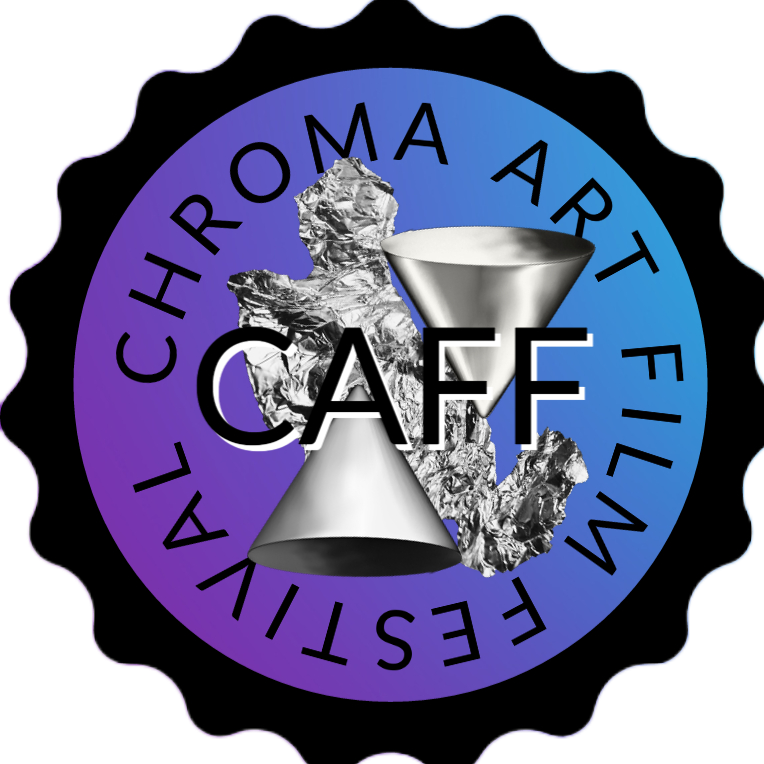
The Chroma Art Film Festival, scheduled for August 2025, Chroma Art Film Festival, scheduled for August 2025, seeks to establish a special program dedicated to showcasing Japanese filmmakers. The mission is to bridge cultural gaps by presenting unique cinematic works and fostering appreciation and understanding of Japanese culture and artistic achievements in the United States. The project involves curatorial collaboration with experts in Japan to select works from emerging and established talent, facilitating a Filmmaker Exchange for presentations and networking, and organizing educational workshops and panels on Japanese cinema.
Location: Miami, FL
Grant Awarded: $10,000
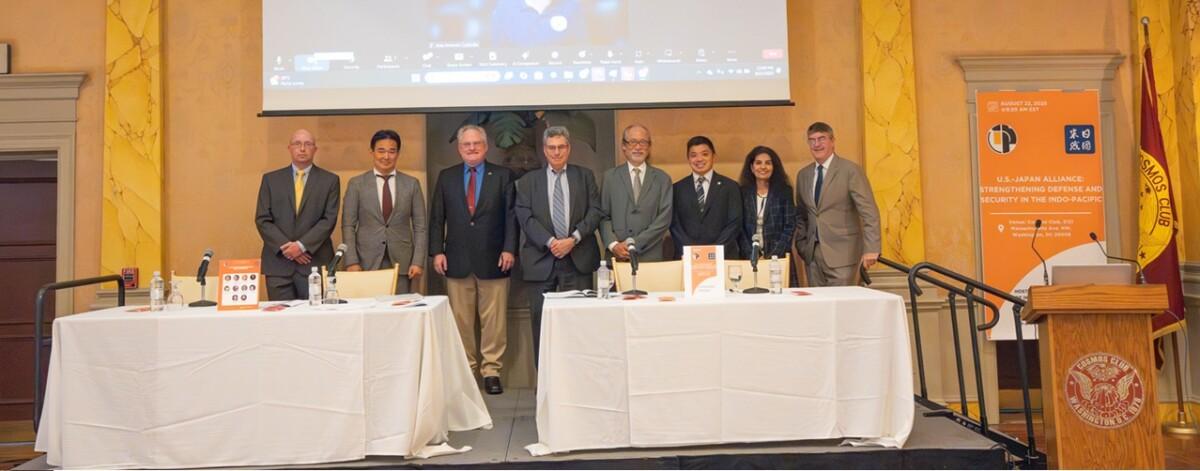
The project, "U.S.-Japan Alliance: Strengthening Defense and Security in the Indo-Pacific", proposes analytical research by the Consortium of Indo-Pacific Researchers (CIPR). Running from December 2024 to July 2025, it aims to analyze U.S.-Japan defense cooperation in response to regional threats, specifically China's assertive actions and "grey zone tactics". The goal is to produce research papers and policy recommendations that safeguard free states' sovereignty and strengthen the alliance's readiness.
Location: Jersey City, NJ
Grant Awarded: $25,000

The proposal by Feed the City LLC seeks to launch luxury wine tourism programs in Hokkaido aimed at combating depopulation and economic decline in smaller towns. Phase One (Fall 2024 to Spring 2025) involves on-the-ground research in areas like Yoichi and Niseko to establish essential relationships with local wineries and businesses. The long-term goal is to inject revenue, create jobs, and revitalize these overlooked communities through curated travel experiences.
Location: Columbia, SC
Grant Awarded: $15,000
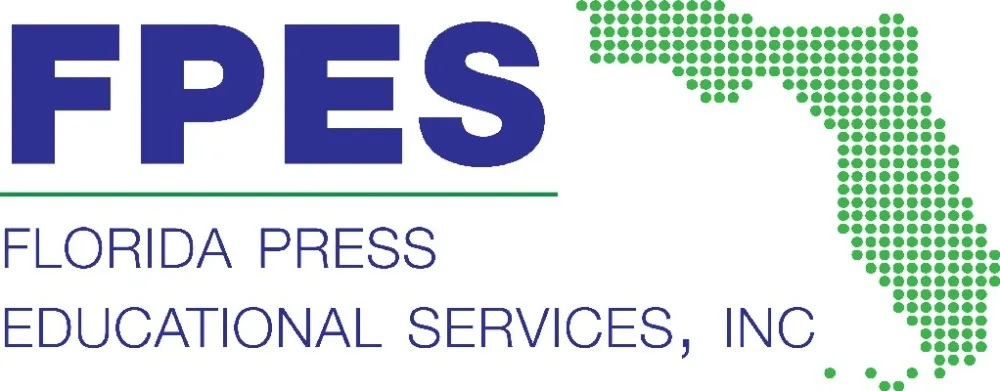
The Tampa Bay Times Newspaper in Education program (NIE) and Florida Press Educational Services will create a 20-page high school curriculum supplement focusing on contemporary Japanese society, culture, economy, and U.S.-Japan relations, particularly as it impacts Florida. The goal is to improve cultural and geopolitical literacy among Florida students, encouraging a deeper study of Japan by leveraging the popularity of pop culture like manga. Components include print and digital distribution and a professional development webinar for educators.
Location: St. Petersburg, FL
Grant Awarded: $16,500
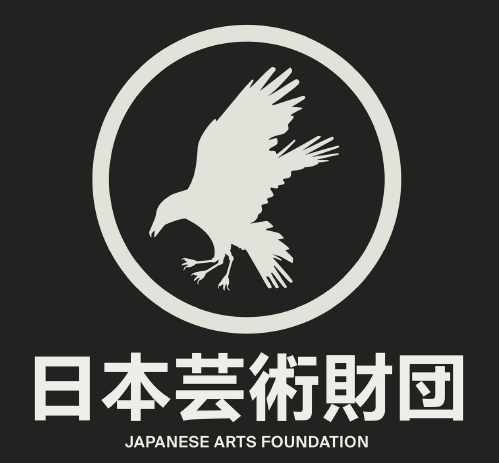
The Japanese Arts Foundation (JAF), partnering with My Block, My Hood, My City, proposes hosting nine manga drawing workshops for over 150 students from selected underserved Chicago Public Schools. Led by artist/educator Derrick Fields, the workshops (September 2025–May 2026) aim to engage youth in Japanese art, teach foundational skills, and provide career path ideas in animation/game design. JAF seeks to provide a safe, immersive cultural experience, including transportation and bento box meals.
Location: Chicago, IL
Grant Awarded: $18,500
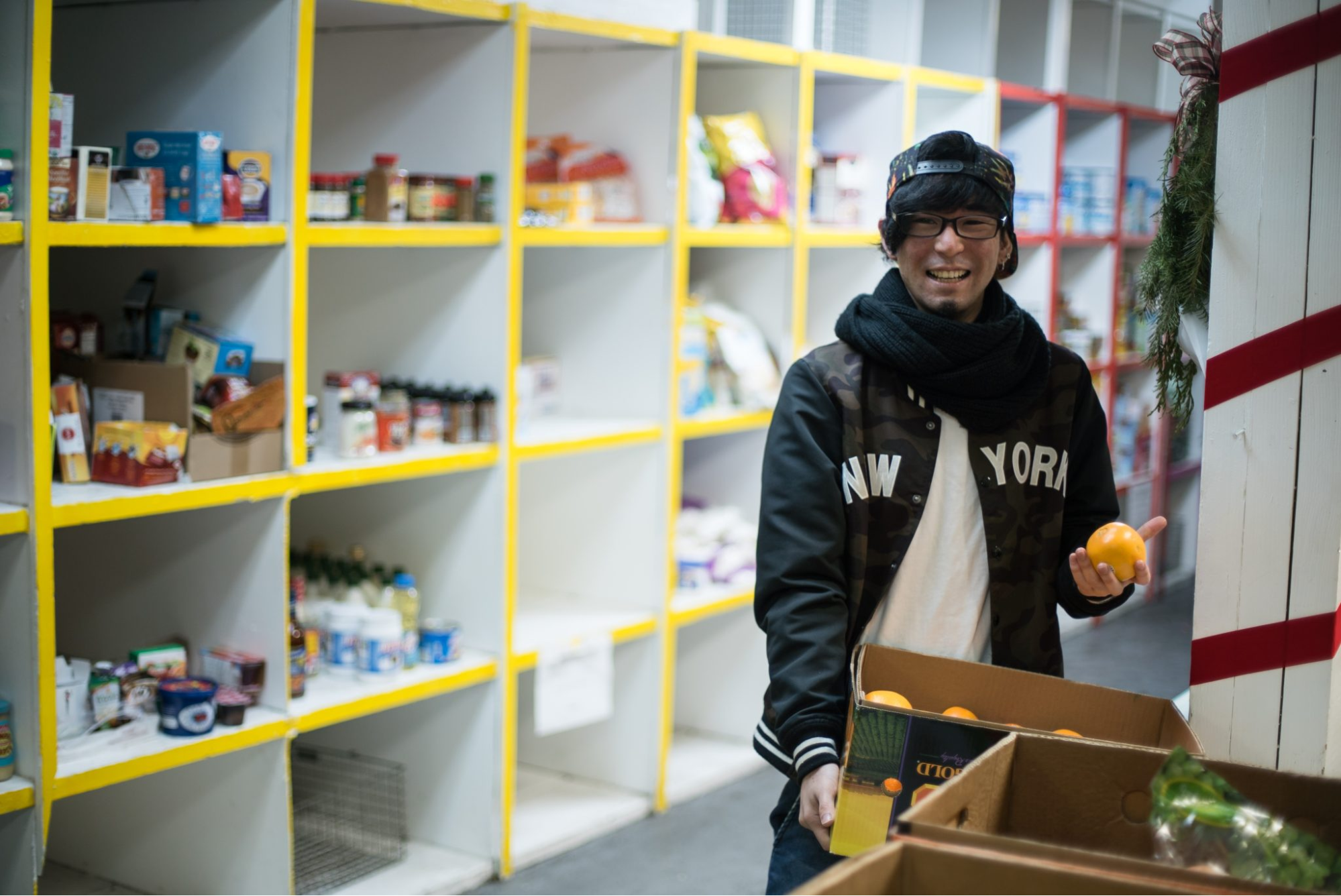
Pacific International Academy (PIA) seeks scholarships covering 50% of tuition and fees for ten Japanese university students requiring financial assistance. This 5–6 month program in Portland, Oregon, aims to enhance English proficiency and professional skills through intensive English study, homestays, and community service/volunteering with local nonprofits. The goal is to foster cultural exchange and contribute to mutual understanding and stronger relations between Japan and the United States.
Location: Portland, OR
Grant Awarded: $25,000
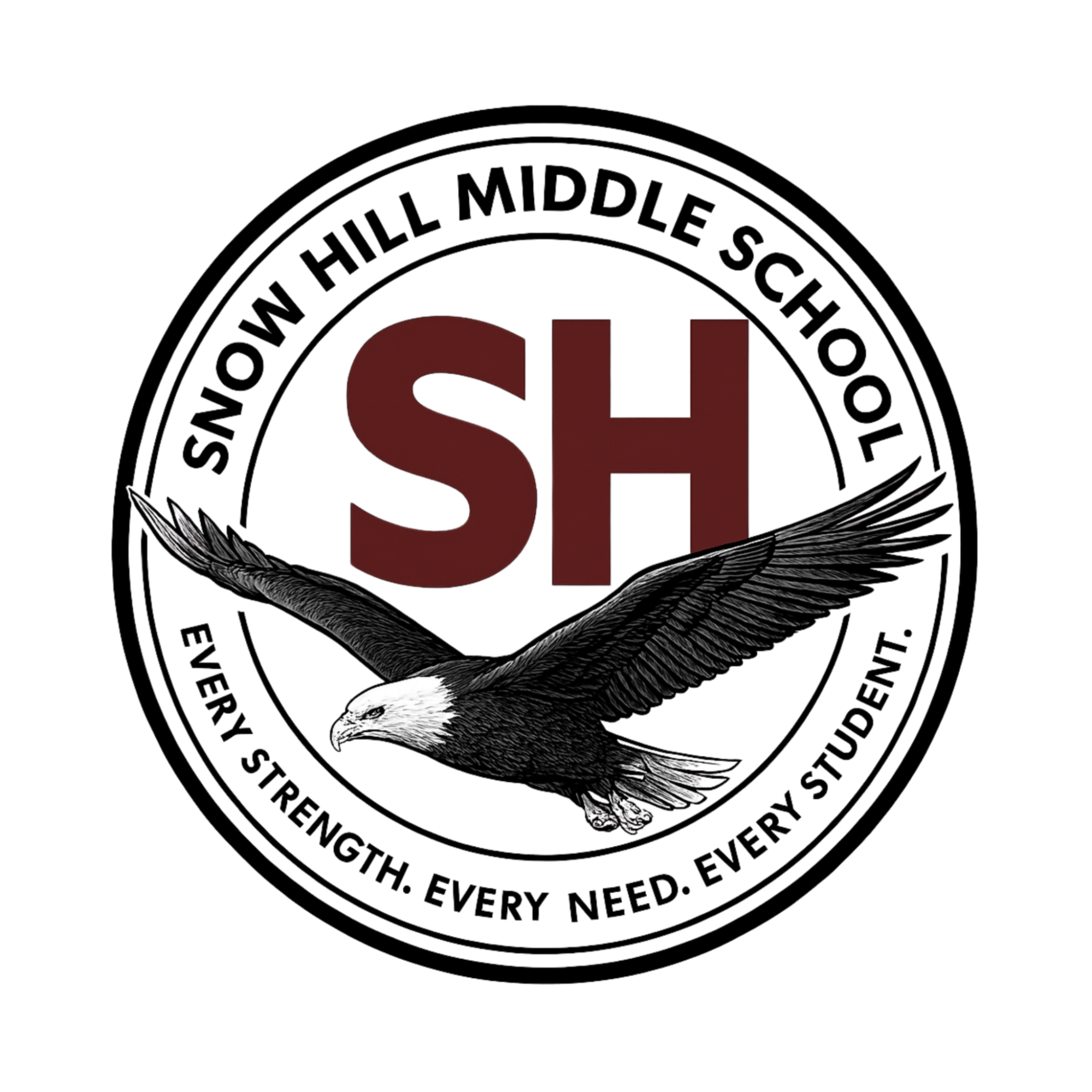
The Snow Hill Middle School (SHMS) project, "Drawn to Manga," seeks to enhance literacy and cultural understanding among grades 4–8. The initiative features a central visit from Japanese American manga artist Misako Rocks. Students will read and analyze manga, explore Japanese folktales, and participate in hands-on workshops in calligraphy and origami. The project aims to broaden global perspectives and strengthen US-Japan relations.
Location: Snow Hill, MD
Grant Awarded: $10,000
This project, led by End the Race, leverages the success of Japanese educational practices—Teaching Through Problem-solving (TTP) and School-wide Lesson Study (SLS)—which dramatically improved math equity and scores in U.S. schools. The initiative will create and test video and print outreach resources for educators and parents. These materials, including a short film, aim to build interest in adopting TTP/SLS, fostering stronger U.S.-Japan educational exchange through shared proven educational methods.
Location: Sausalito, CA
Grant Awarded: $75,000

